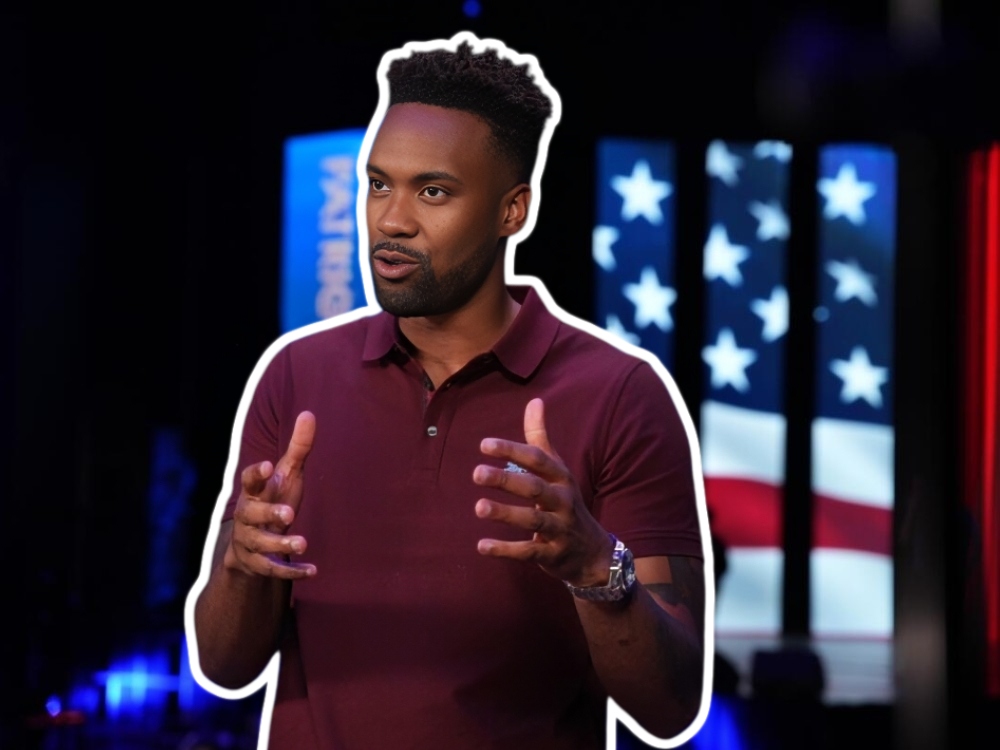Nearly a decade after she refused to issue marriage licenses to same-sex couples, former Kentucky clerk Kim Davis is once again in the spotlight — this time for asking the U.S. Supreme Court to overturn Obergefell v. Hodges, the ruling that legalized marriage equality nationwide.
But while Davis presents herself as a defender of “traditional values,” her personal life tells a very different story: four marriages, three husbands, children conceived outside of wedlock, and years of controversy that critics say expose her hypocrisy.
A Marriage Timeline Full of Contradictions
- First marriage: At 18, Davis married Dwain Wallace. They divorced in 1994. Just five months later, she gave birth to twins — fathered by her future third husband, Thomas McIntyre.
- Second marriage: In 1996, she married Joe Davis. That union lasted a decade, ending in divorce in 2006.
- Third marriage: She wed McIntyre in 2007, though the marriage fell apart within a year.
- Fourth marriage: In 2009, she remarried Joe Davis, who later adopted her twins.
Her overlapping relationships, divorces, and affairs stand in stark contrast to her insistence that LGBTQ+ people threaten the “sanctity” of marriage.
From Local Clerk to Conservative Icon
Davis became a right-wing hero in 2015 after she refused to issue marriage licenses to gay couples, even after the Supreme Court had ruled marriage equality a constitutional right. Defying multiple court orders, she was jailed for five days for contempt.
Her deputies ultimately issued licenses in her absence, and same-sex couples in Rowan County were finally able to wed.
At the time, Davis said issuing those licenses would “send her to hell.”
“Born Again” — But Still Pushing Discrimination
Davis insists her past doesn’t define her, claiming she experienced a religious awakening later in life. Supporters argue her faith absolves her of past mistakes.
But critics say redemption doesn’t excuse discrimination. They point out that Davis’s own life — defined by multiple broken vows and “untraditional” choices — makes her campaign against same-sex couples deeply hypocritical.
Now, by asking the Supreme Court to reconsider Obergefell, she is again attempting to restrict LGBTQ+ rights under the banner of religion.
Public Persona vs. Private Reality
The tension between Davis’s private life and public crusade has never gone unnoticed.
The same woman who condemned same-sex couples for “redefining marriage” has herself redefined it repeatedly in her own life. To LGBTQ+ activists, she remains a symbol of how religion is often weaponised against equality — by people unwilling to apply the same moral standards to themselves.



































